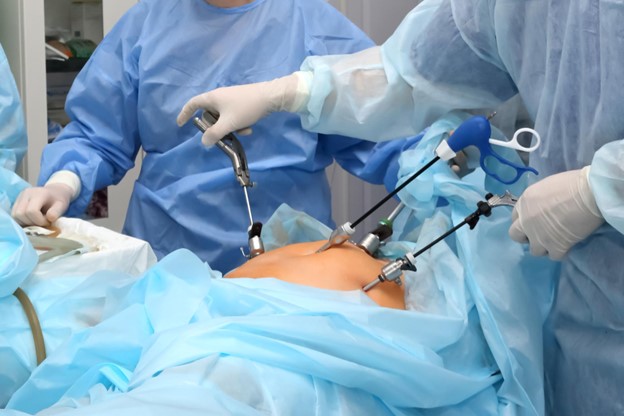A splenectomy is the surgical removal of the spleen. This organ is nestled under your rib cage on the left side. It plays a key role in filtering blood, fighting bacteria, and maintaining a balance of bodily fluids. However, in some situations, its removal is necessary. Common reasons for spleen removal include traumatic injury causing rupture, certain blood disorders, or diseases affecting the spleen. It’s essential for anyone considering this surgery to understand why it’s needed and what it involves.
Why Do You Need a Splenectomy?
Many conditions might require a spleen surgery. One common condition is ITP (Immune Thrombocytopenic Purpura), where the spleen mistakenly destroys platelets needed for blood clotting. Symptoms like unexplained bruises, excessive bleeding, or fatigue might indicate it’s time to see a doctor. But surgery isn’t the only option. Treatments like medication, immunotherapy, or lifestyle changes might be tried first. Your doctor will explain all alternatives to splenectomy to find the best fit for your health.
Preparing for Spleen Surgery
Before your spleen operation, you’ll have some tests and assessments. Doctors will do blood tests, check your health history, and may ask for an imaging test like a CT scan. Getting ready means more than just tests. Vaccinations are important too. They protect you from infections after the surgical removal of the spleen. Eating well also aids healing, so discuss diet changes with your doctor. Your surgical team will also explain the spleen operation methods, helping you choose between options like a laparoscopic splenectomy or an open procedure.
The Splenectomy Process: Surgery and Beyond
When it’s time for surgery, you will be under anesthesia. There are two main types of splenectomy procedures: laparoscopic and open. In a laparoscopic splenectomy, small incisions are made, and the spleen is removed using a camera. This method usually means quicker recovery. An open procedure is more traditional, with a larger incision. Each method has its pros and cons, which your surgeon will discuss.
Before surgery, your surgical team will monitor your vital signs and prepare you. Once you’re asleep, they’ll make the necessary incisions to perform the spleen removal. After surgery, you’ll be moved to a recovery room to wake up safely from anesthesia. Hospital recovery varies but often involves monitoring for any immediate complications and ensuring you’re comfortable and healing well.
Post-Operative Care
Your post-operative care focuses on recovery. Nurses will help manage any pain and check your blood pressure, heart rate, and breathing. You’ll gradually return to eating and moving as you feel better. Most patients can leave the hospital within a week.
Recovery and Long-term Considerations Post-Surgery
Recovery at home is an important part of your healing journey. Here are some tips to help you:
- Rest well: Take it easy and allow your body to heal.
- Follow care instructions: Adhere to your doctor’s advice about activity levels, wound care, and follow-up appointments.
- Watch for signs: Look out for fever, excessive pain, or unusual swelling and report these to your healthcare provider immediately.
After a splenectomy, your lifestyle might change a bit. Without the spleen, you’re slightly more prone to infections. Vaccinations become more crucial. Your doctor will discuss which ones are needed and when to get them. Monitoring your health and staying on top of vaccines will help you keep infections at bay.
Regular follow-ups with your healthcare provider are important. These visits will help track your progress, ensure your body is compensating well for the missing spleen, and manage any long-term health issues. Such check-ups are a great opportunity to bring up any concerns or symptoms you might have noticed.
Finally, understanding the consequences of removing spleen assists in taking proactive steps. The body can often function well without a spleen. But, since the spleen plays a vital role in fighting infections, extra care is crucial. Your doctor will guide you through the necessary precautions to enjoy a healthy life post-surgery.
A successful recovery from removal of spleen surgery depends largely on patient awareness and adherence to medical advice. By staying informed and proactive, you can ensure the best outcomes and maintain your health after the procedure.

